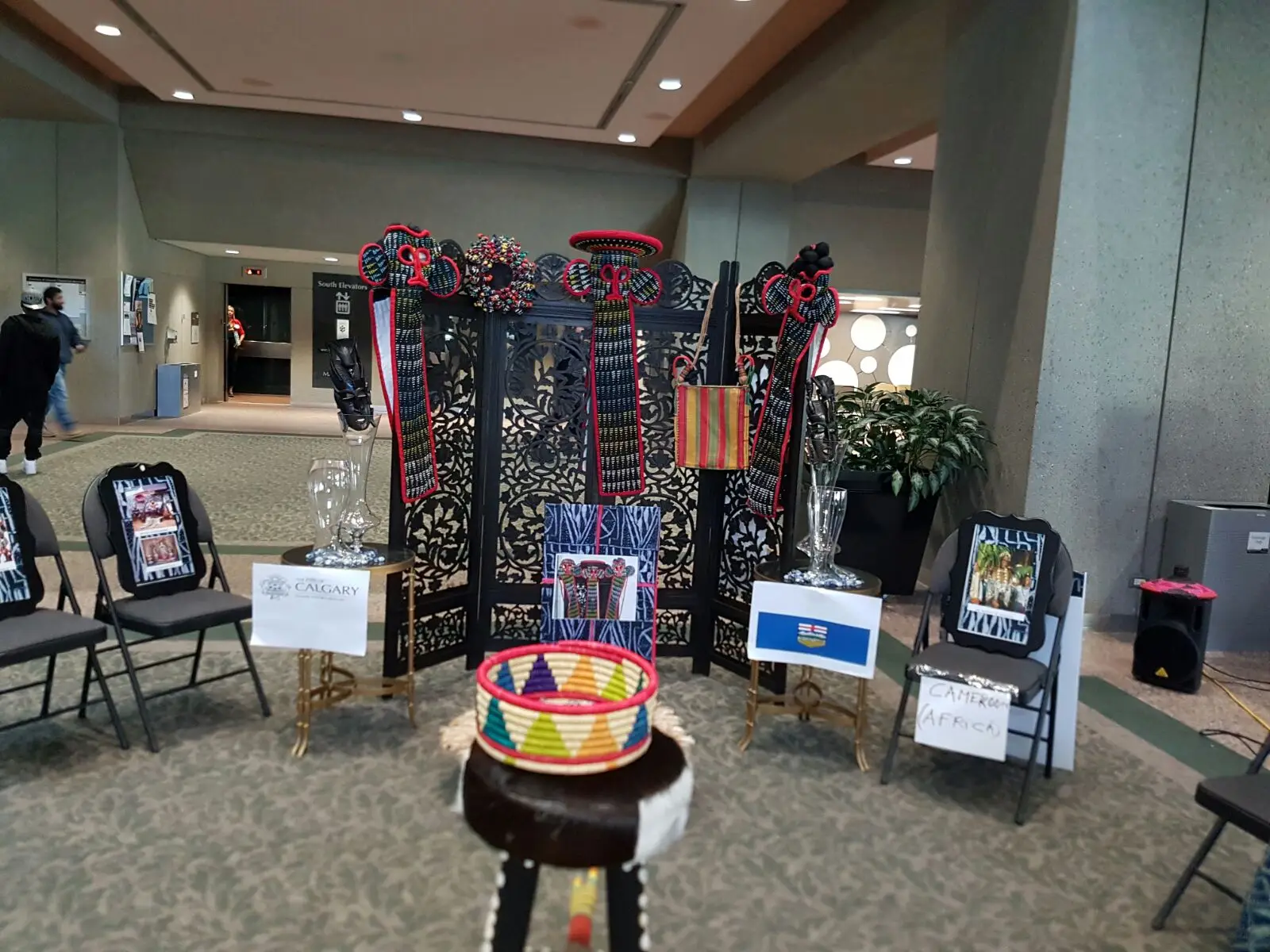Bami culture
The Bamileke, or Bami, are an ethnic group predominantly located in the western regions of Cameroon. Their culture is rich and diverse, marked by ancestral traditions, complex social organization, and unique artistic practices. Here is an overview of the Bami culture:
Origins and History
Origins: The Bamileke are considered descendants of the Tikar, an ethnic group from central Cameroon. Over the centuries, they migrated westward to escape various pressures, including wars and invasions.
Chiefdoms: Bamileke society is organized into autonomous chiefdoms, each headed by a chief or king called a “fon.” These chiefdoms are centers of culture and tradition, playing a vital role in preserving Bamileke customs.
Language
Languages: The Bamileke speak a variety of languages and dialects, including Ghomala, Medumba, Fe’fe’, and Ngiemboon. These languages belong to the Bantu language family.
Social Organization
Social Structure: Bamiléké society is highly hierarchical. The chief (fon) is the supreme leader and plays a crucial role in governance and justice. He is surrounded by notables and advisors who help him administer the kingdom.
Family: The extended family is at the heart of Bamiléké society, with particular emphasis on family ties and solidarity among members.
Culture and Traditions
Arts and Crafts: The Bamiléké are famous for their arts and crafts, including wood carving, masks, statues, and beadwork. Art objects are often used in ceremonies and rituals.
Architecture: Traditional Bamiléké houses are built of bamboo and rammed earth, with thatched roofs. The royal palaces are particularly impressive, decorated with intricate carvings and designs.
Dance and Music: Dance and music are central to Bamiléké culture. Traditional dances, often accompanied by drums and other instruments, are performed during ceremonies, festivals, and religious rites.
Beliefs and Rites
Religion: The Bamileke primarily practice traditional religions, with beliefs centered on ancestors and spirits. Ancestor worship is particularly important, with rites and offerings to honor the deceased.
Festivals and Ceremonies: Traditional ceremonies, such as funerals, initiation rites, and harvest festivals, are key moments in the lives of the Bamileke. These events are marked by dances, songs, and offerings.
Economy
Agriculture: Agriculture is the main economic activity of the Bamileke. They mainly cultivate corn, plantain, peanuts, yams, and coffee.
Commerce: The Bamileke are also known for their business acumen. They have a reputation as entrepreneurs and are often involved in various commercial activities throughout Cameroon and beyond.
The Bamiléké culture is a rich blend of ancestral traditions, artistic practices and complex social structures, forming an integral part of Cameroon’s cultural heritage.

